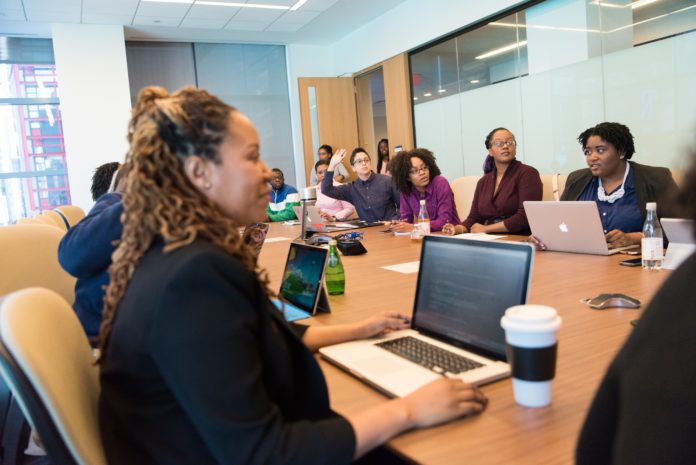The tourism sector in Singapore is poised for growth following recovery from the Covid-19 pandemic. Nonetheless, there are still challenges according to leaders in tourism.
Changes in travel behaviour/spending (63%), and existing employees lacking the depth of skills required to cater to the changing trends (57%), alongside a shortage of tourism professionals (53%) emerge as top challenges in the sector.
However, only less than half of leaders in the tourism sector (48%) have sent their employees for tourism-related training. Wherein, almost three in ten (29%) express the intention to do so in the foreseeable future while over one in five (23%) does not intend to at all.
Amid emerging trends in tourism – such as the increased use of technology in tourism (76%), demand for greater service excellence (66%), the growing importance of holistic wellness travel and regenerative tourism (40%), and increased demand for the practice of sustainability in tourism (37%) – nearly all tourism leaders (51% strongly agree, 43% somewhat agree) perceive that these trends create more job opportunities in the market.
In fact, almost four in five (77%) of them are keen to hire talent to fill tourism job roles. The top job roles according to tourism leaders are marketing communications officers (32%), administrative staff (30%), and event managers/executives/specialists (28%).
These are some of the key findings from NTUC LearningHub’s Industry Insights Report 2024 on Tourism, which investigates the emerging trends in Singapore’s tourism sector including technology, service excellence, sustainability, and holistic wellness.
Based on a survey of 167 business leaders in the tourism sector and interviews with experts from the Singapore Tourism Board, Workforce Singapore, and Resorts World Sentosa, the report explores the sentiments towards hiring, training, and in-demand skills among leaders within the tourism sector.
With organisations currently employing technologies like contactless payment options (69%), AI chatbots (38%), cybersecurity (31%), big data (27%), and IoT management (14%), leaders in the sector are keen to send their employees for training in areas of digital/technology (79%). This is followed by other training areas such as service engagement (77%), sustainability (41%), and holistic wellness travel and regenerative tourism (26%).
In terms of service excellence, seven in ten (70%) of tourism leaders strongly agree that tourism professionals need to upskill to enhance service experience, as only 3% of leaders consider the quality of service in Singapore’s tourism sector as excellent.
On the other hand, more than half of tourism leaders (52%) consider it to be only average or below.
In addition, almost four in five (75%) of tourism leaders reveal that their organisation intends to incorporate sustainability in their tourism offerings.
Currently, energy conversion (63%), sustainable waste management (58%), sustainable sourcing and procurement (56%), carbon footprint management (53%), and water conservation (50%) are the top sustainability measures organisations employ.
Currently, only 15% of tourism leaders are very familiar with holistic wellness and regenerative tourism, while 53% are somewhat familiar. Despite that, about nine in ten agree (29% strongly agree, 64% somewhat agree) that it is important for Singapore to expand into holistic wellness travel and regenerative tourism.
Commenting on the report findings, Mr Tay Ee Learn, Chief Sector Skills Officer, NTUC LearningHub, says, “In this dynamic landscape, tourism organisations must embrace transformation and align their business strategies with emerging trends to gain a competitive edge. It is paramount that these organisations shift their focus from merely filling job roles to skills upgrading to arm their workforce for new and redesigned job roles in the future workplace.
“By identifying skills gaps in the current workforce, communicating the urgency of upskilling and reskilling to employees, and providing readily available training opportunities, organisations can cultivate a conducive environment that facilitates the continuous learning and development of workers; thereby, securing a highly competent and motivated talent pool.”














